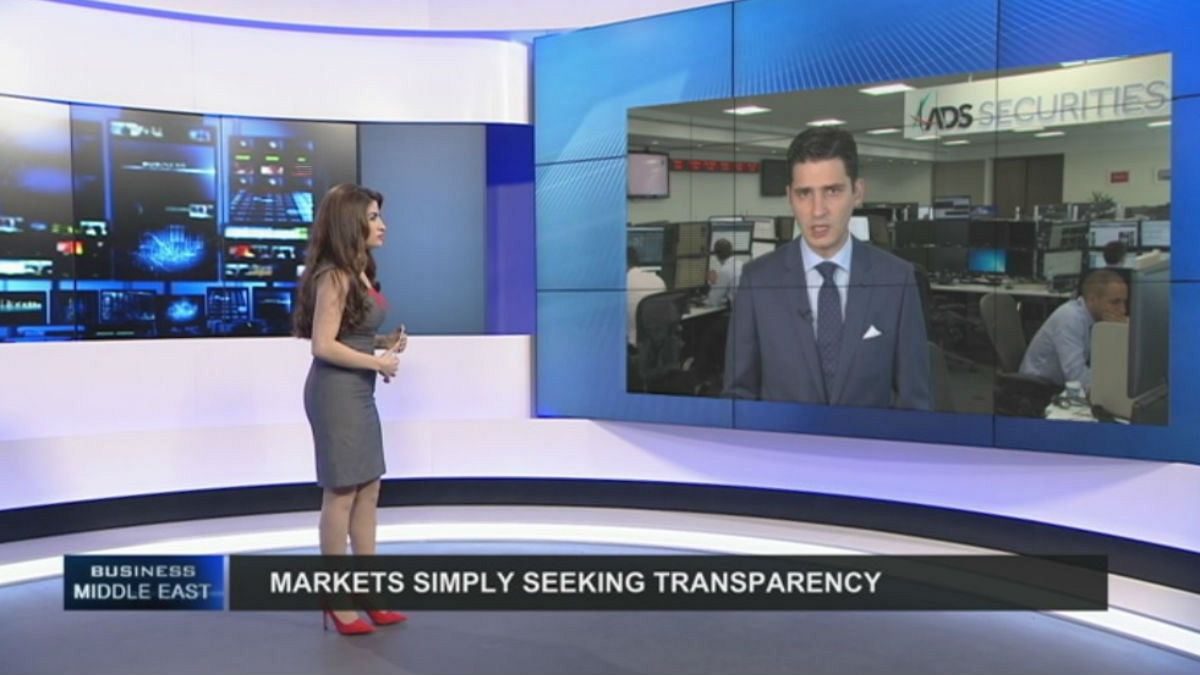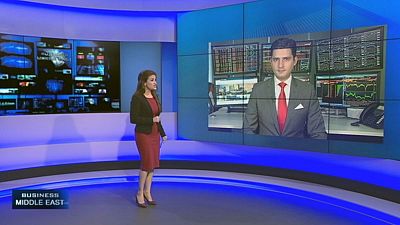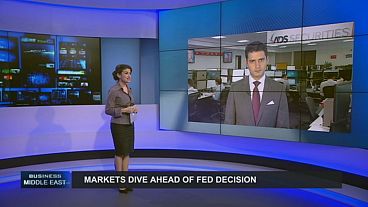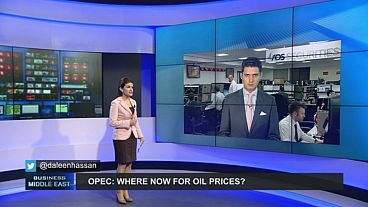The Bank of England met on what was dubbed “Super Thursday” on hopes that Bank Governor Mark Carney would have something positive to say on interest
The Bank of England met on what was dubbed “Super Thursday” on hopes that Bank Governor Mark Carney would have something positive to say on interest rates.
But, despite a series of good UK economic data over the past few weeks, Carney surprised markets with an unexpected cautious tone, disappointing investors.
The much-anticipated ‘Super Thursday showed that the Bank of England is in no hurry to raise interest rates. In its latest meeting the bank hinted at the possibility of extending the current QE programme and even cutting rates if needed.
The BoE reduced its forecast for inflation and growth in the coming years, indicating that the 2% inflation target might be achieved in 2017 and not in 2016.
Outlining the Bank’s view governor, Mark Carney said: “the Committee nonetheless expects the overall pace of UK-weighted global growth to be more modest than we had expected in August. There remain downside risks to this outlook, including a more abrupt slowdown in China,and in emerging economies more broadly given high levels of debt and vulnerabilities to capital outflows.”
#BOE MARK CARNEY global development are downside risks to the global outlook
— daleen hassan (@daleenhassan) November 5, 2015
Following on from his remarks sterling fell by around 1% against all of the major currencies, reflecting the disappointment of investors whose hopes for a rate hike were dashed once again.
BoE caution
For analysis of the Bank of England’s decision Business Middle East’s Daleen Hassan spoke to Nour Eldeen Al Hammoury, Chief Market Strategist at ADS Securities in Abu Dhabi. Daleen Hassan
“Despite a series of positive figures in the United Kingdom, there was a cautious tone from Mark Carney, how did you interpret the meeting?”
Nour Eldeen Al Hammoury
“Even though Mark Carney sounded very cautious, this is a very good thing. The Bank of England proved that it is very transparent, unlike some central banks, hinting that it’s very early to raise rates and saying it will keep them lower for longer until, 2017. The current period needs more transparency. This is what the market is asking for and it is needed in order to stabilize the markets.
Daleen Hassan
“Since the beginning of the year the pound has remained stable against the dollar. What’s your forecast for the pound treading heading towards the next meeting of the BOE?”
Nour Eldeen Al Hammoury
“The British pound remains within the same range – between 1.50 and 1.55 dollars – since the beginning of this year. That range is likely to continue throughout the year unless the UK economy surprises us with significant positive figures, especially for inflation and growth. If that happens it would reinforce the bullish, positive outlook for sterling.”
No crude awakening
OPEC’s confidential report revealed by Reuters showed that demand for OPEC oil will remain under pressure in the next few years. The report indicates that OPEC’s market share will rise in the long term, with the decline of shale oil production and natural gas but prices will be low. That means that OPEC’s crude will rise from $55 a barrel now to about $80 a barrel by the year 2020. Iran and Algeria have suggested that OPEC return to its old policy of propping up prices, but that is unlikely to be approved by Saudi Arabia, which adheres to a more long-term approach.
The next OPEC meeting is on the 4th of December. Analysts expect further controversy over the Organization’s current strategy of defending its market share, rather than propping up prices.
Stabilising prices
Daleen Hassan spoke again with ADS’s Nour Eldeen Al Hammoury for his views on OPEC’s stance. Daleen Hassan
“Opec seemed pessimistic about the future of oil prices, as stated in the report, how can the GCC countries meet this challenge?
Nour Eldeen Al Hammoury
“Opec’s pessimism has been there for a year now, but this does not mean we are heading to see very cheap oil prices or a major decline toward 25$, for example. This is not on the table for the time being.
“Most of the negative factors have been priced in already during the year, as we noted in August. We believe that a stabilization is more likely and this is what has been happening since August. Oil is trading within a range of approximately 5$ up and down and is likely to continue that way throughout the year.
“As for the GCC countries, we noticed that many of them have taken some measures, such as deregulating fuel prices. Moreover, Saudi Arabia has postponed some of its future projects, issued local bonds and increased the water prices on corporates. These measures are likely to support their budgets in the short term.
“We should not forget that Gulf countries debt is very low, which gives then the ability to borrow again, as they did after the financial crisis in 2008 to finance their needs until oil prices recovered. So we believe the GCC countries are able to overcome such challenges.”



